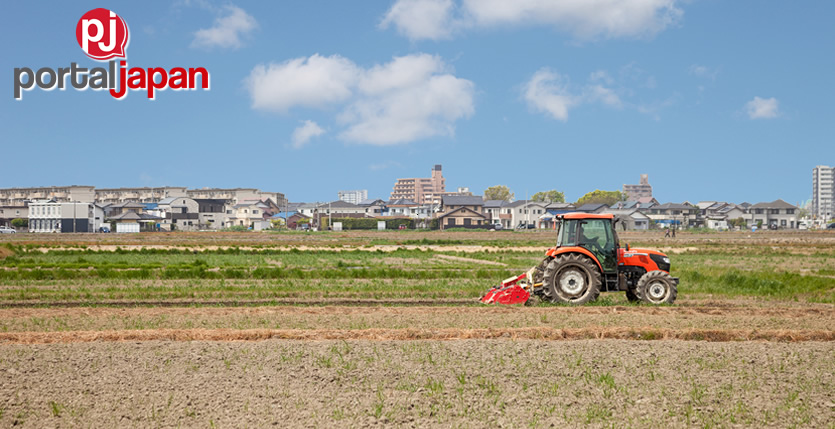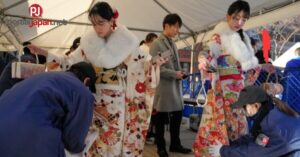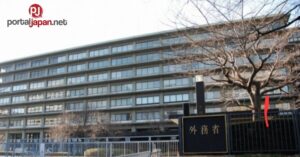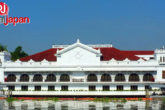The Japanese government decided Monday to allow skilled foreign workers to work in the agricultural sector in certain special economic zones, aiming to alleviate a labor shortage in the sector exacerbated by the graying of Japan’s population.
“We have decided to add the employment of foreign workers in the agricultural sector…to the menu for strategic special zones,” Prime Minister Shinzo Abe told a meeting of an advisory council on national strategic special zones.

The offer is expected to be restricted to applicants who can show a certain level of skill-for example, having studied agriculture at university level in their home countries-and can communicate in Japanese to a certain degree.
Employers in the special zones will be required to pay the foreign workers at least as much as they do to Japanese workers doing the same job.
This departs from the existing system introduced in 1993 allowing unskilled trainees from developing countries to work in agriculture and other fields in pursuit of skill qualifications.
That system, expected to be retained separately, has been criticized as a vehicle for forced cheap labor, with cases having been documented of migrant workers trapped in oppressive conditions.
The special strategic zones targeted to receive skilled foreign farm workers are in Akita, Ibaraki, Aichi and Nagasaki prefectures.
Source: Japan Today Image: Bank Image
















Join the Conversation